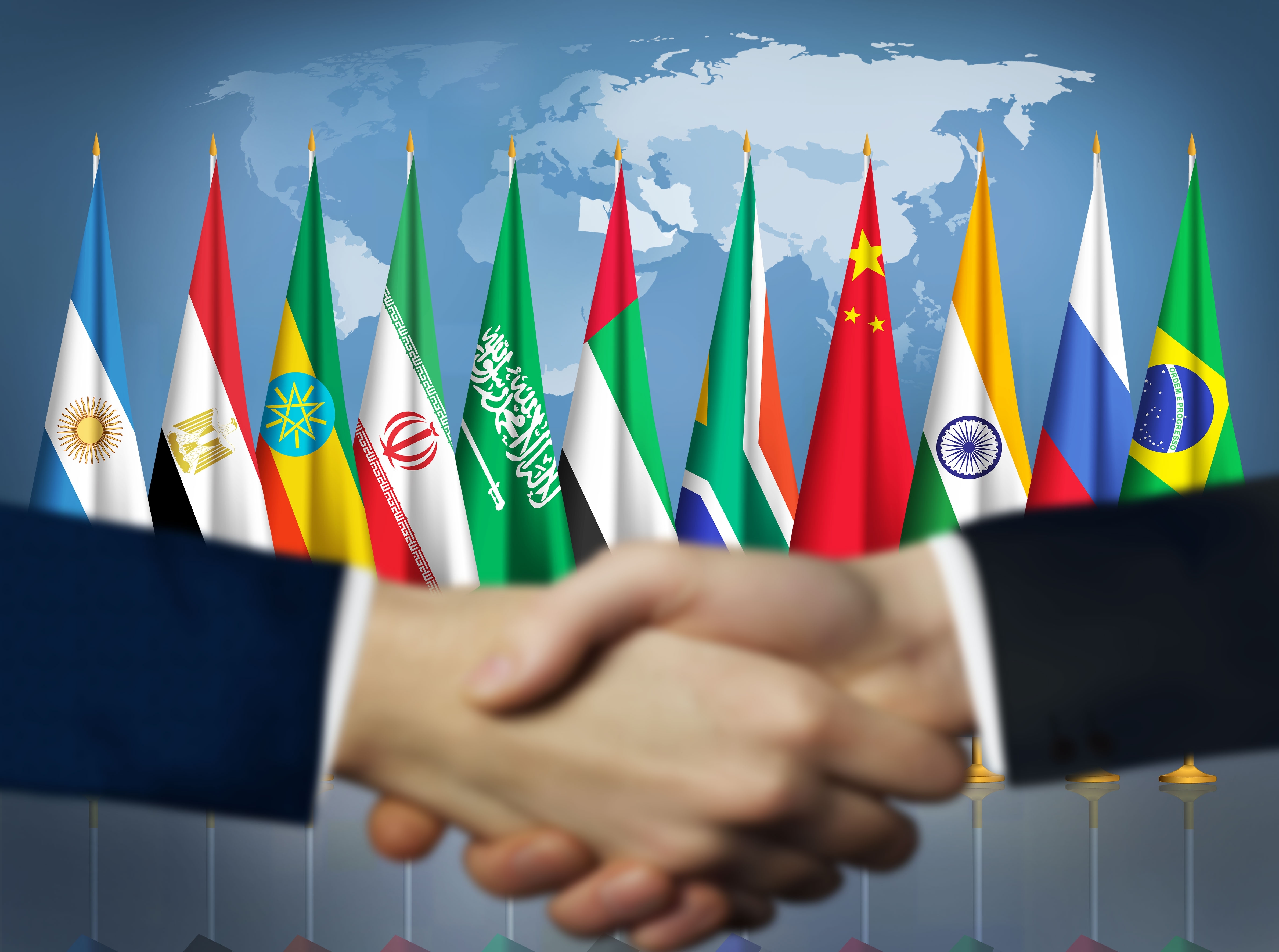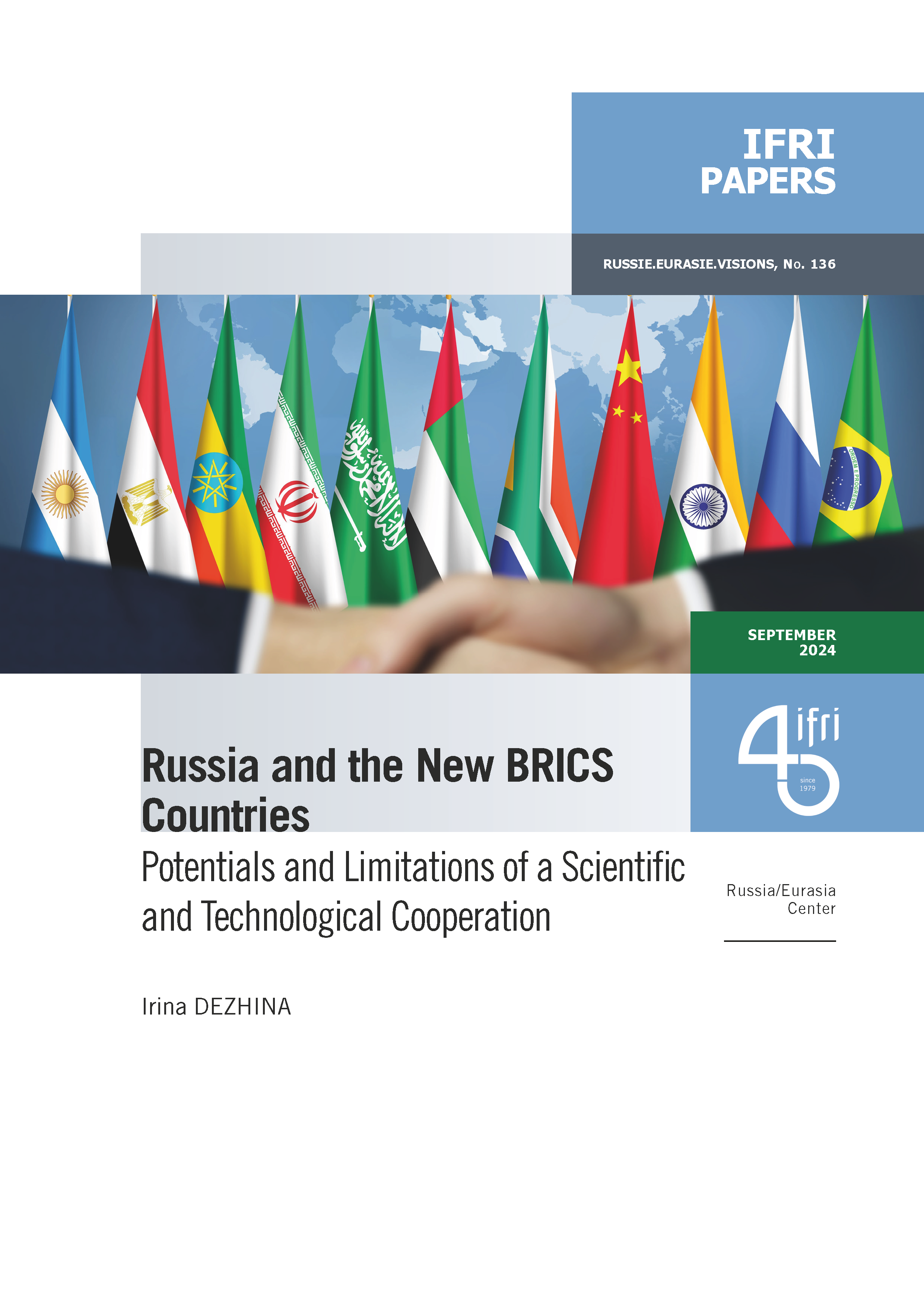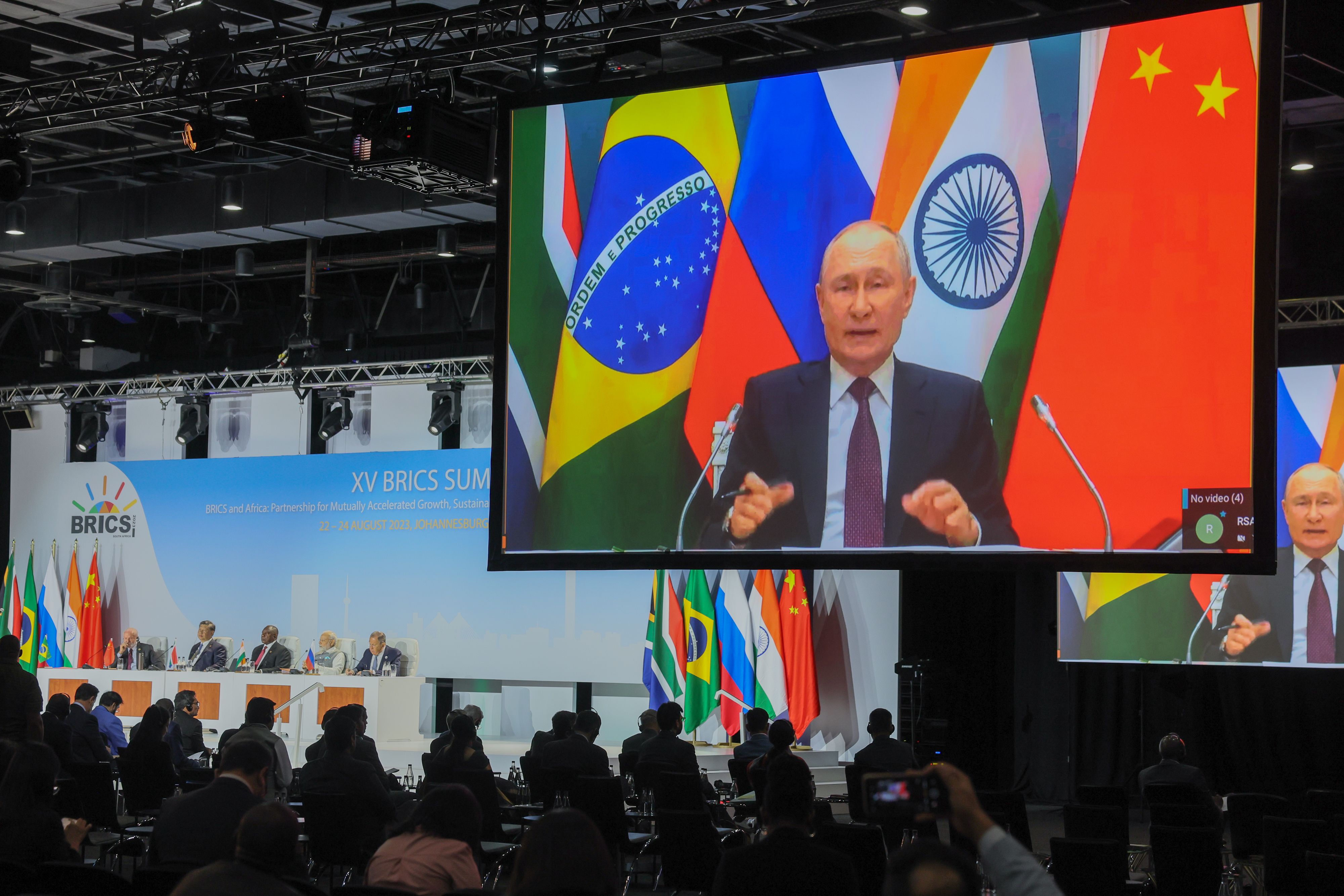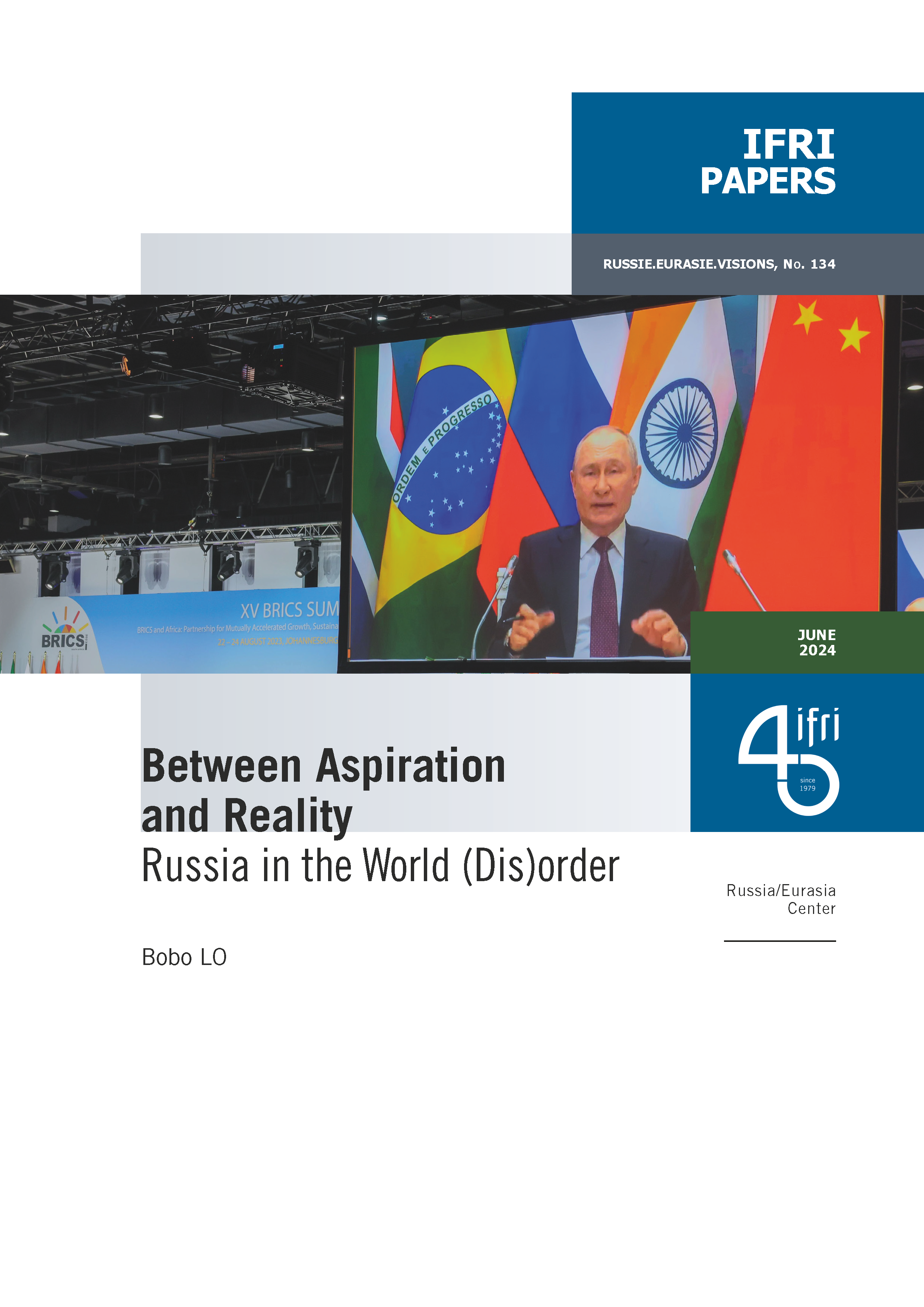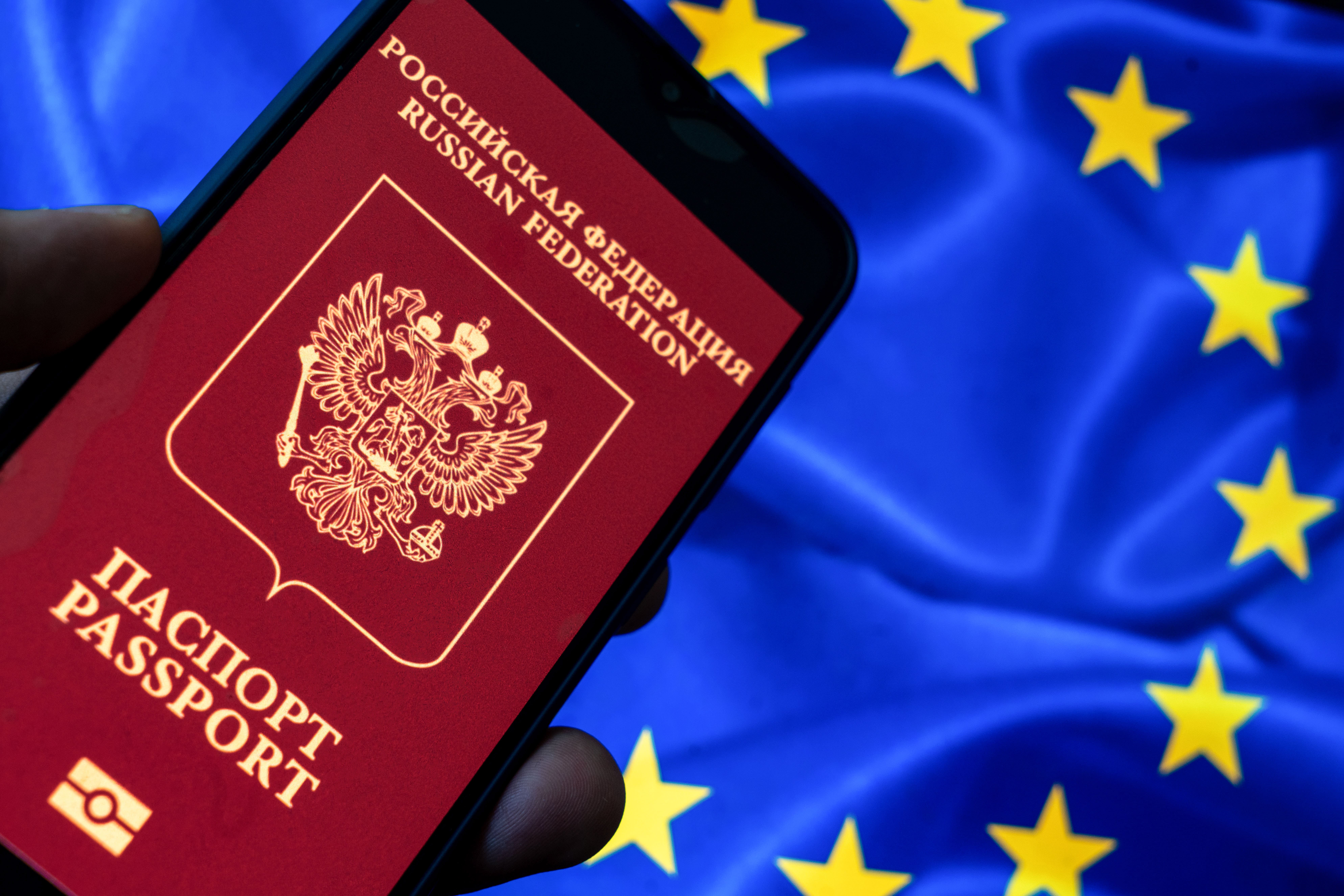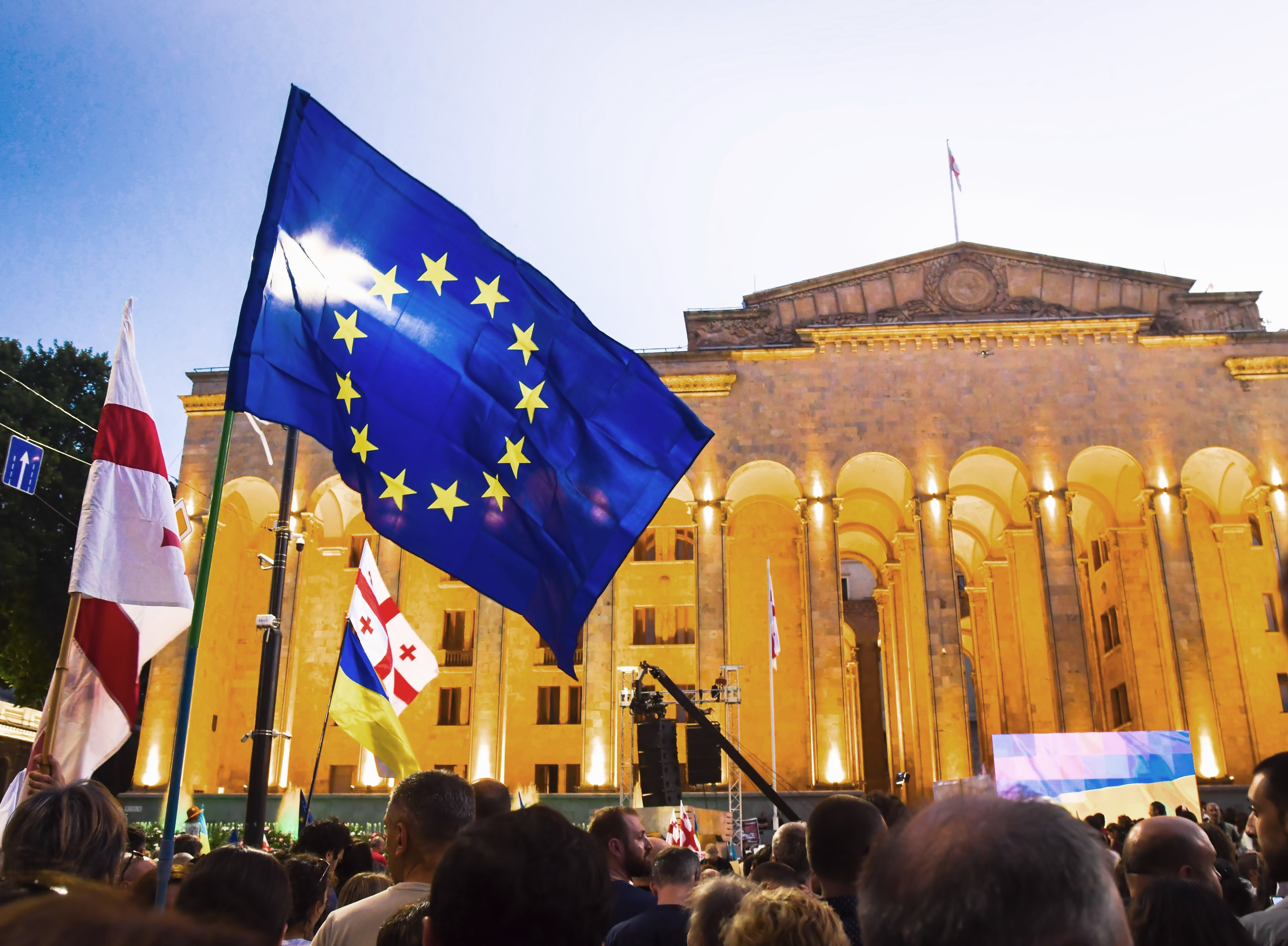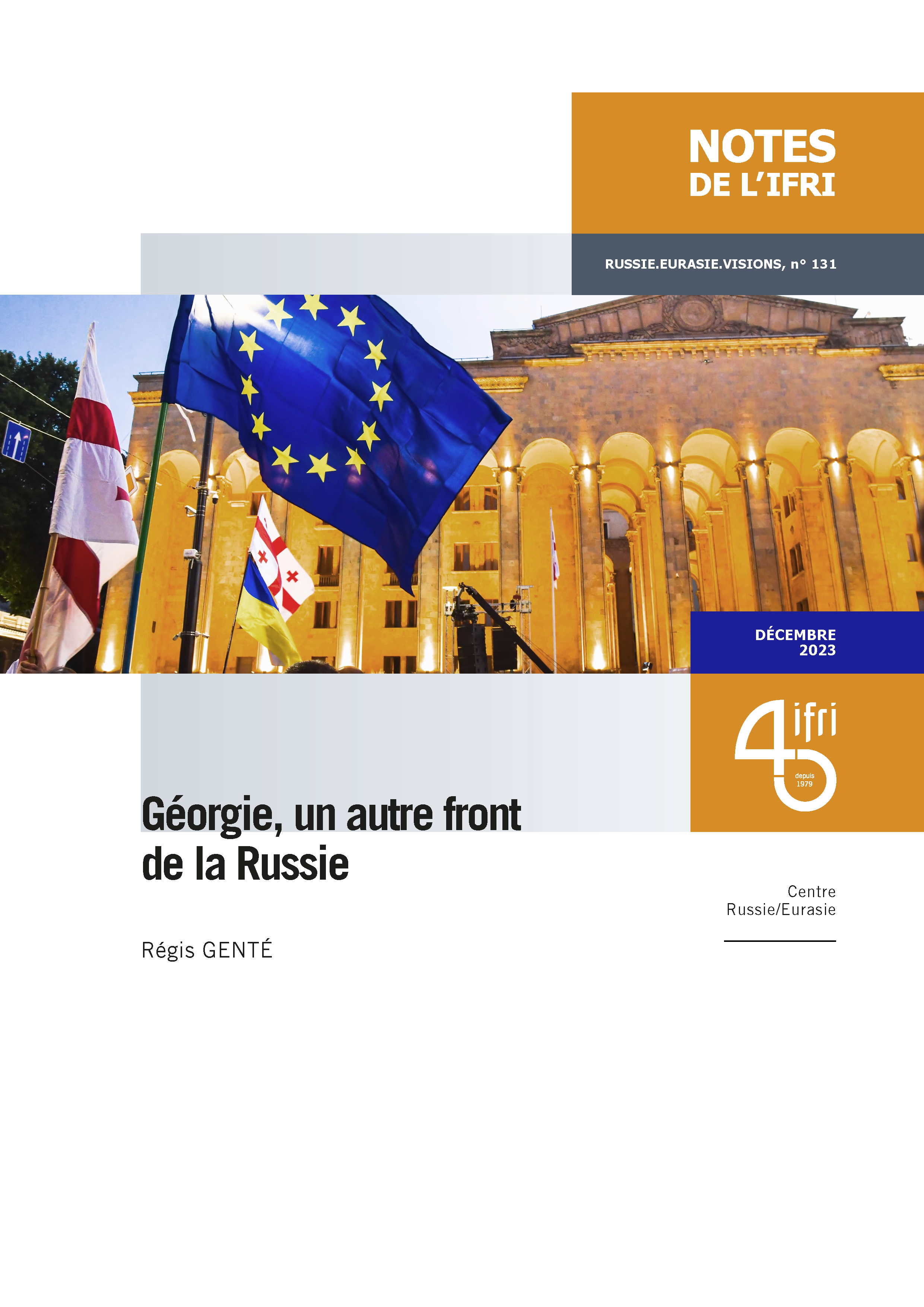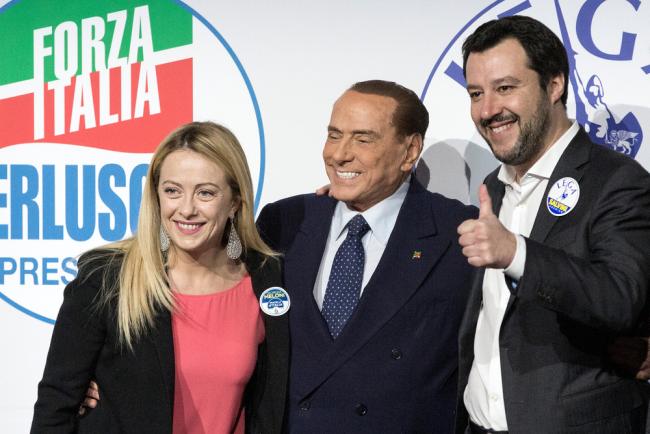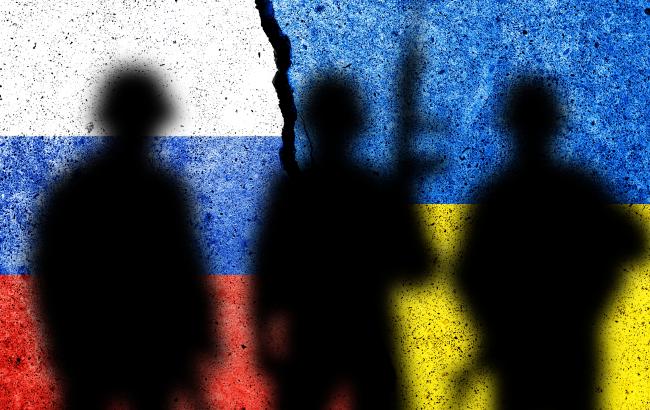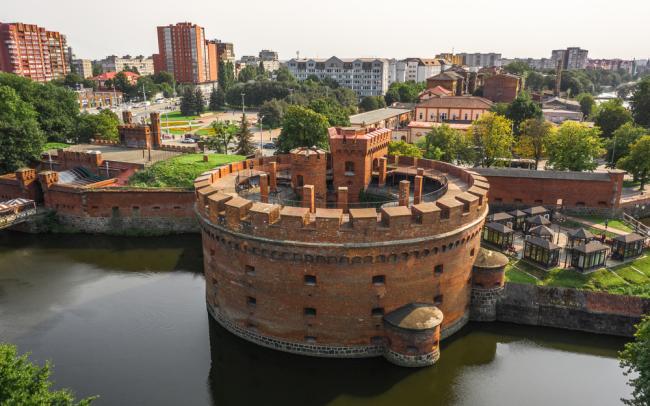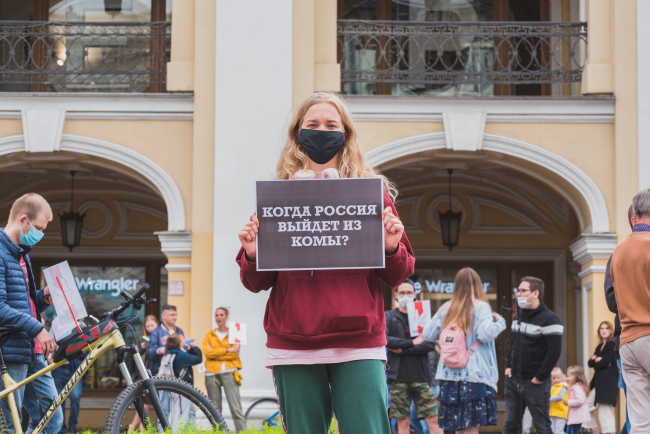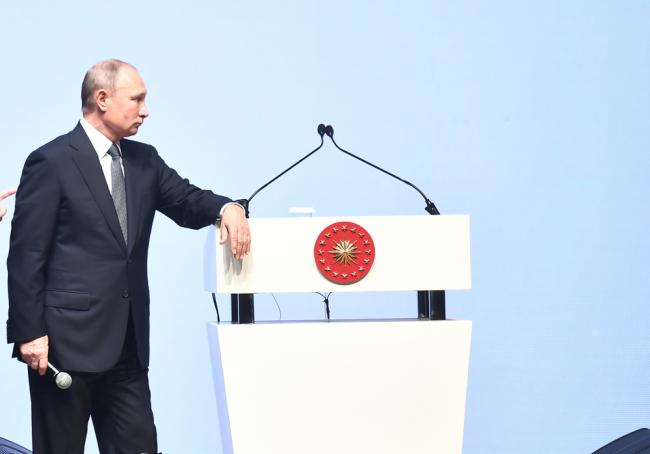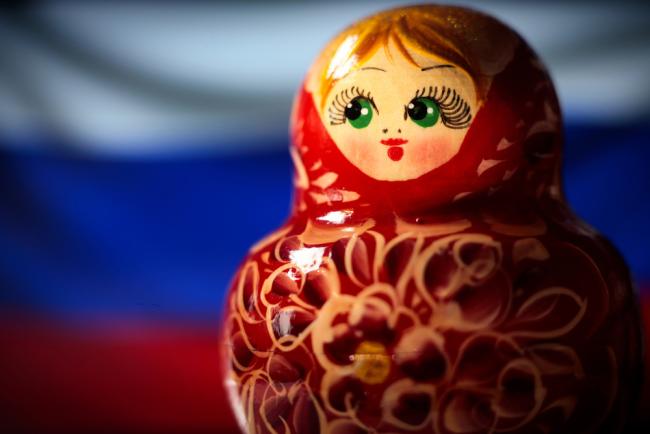Russia/Eurasia Center
Founded in 2005 within Ifri, the Russia/Eurasia Center conducts research and organizes debates on Russia, Eastern Europe, Central Asia, and the South Caucasus. Its goal is to understand and anticipate the evolution of this complex and rapidly changing geographical area in order to enrich public discourse in France and Europe and to assist in strategic, political, and economic decision-making.
Read more


Director of the Russia/Eurasia Center, Ifri
Publications
See all our interventions
Flagship Publications
Titre Bloc Axe
Research Areas
See all our interventions
Titre Axe de recherche
Russian Economy and Society
The Economy and Society research axis within Ifri's Russia/Eurasia Center is interested in economic questions including the impact of Western sanctions on the Russian economy as well as the evolution of society (demography , middle classes, youth, education, opposition, militarization, protest movements, etc.).
Titre Axe de recherche
Russian Domestic Politics
The Domestic Politics research axis within Ifri's Russia/Eurasia Center analyzes Russian domestic politics, the evolution of the political system and its elites, as well as their relations with society.
Titre Axe de recherche
Russian Foreign Policy and Defense
The Foreign Policy and Defense research axis within Ifri's Russia/Eurasia Center examines Russia's relations with the former Soviet republics and the rest of the world, particularly the West and China. A specific importance is given to defense and security issues.
Titre Axe de recherche
Eurasia
The Eurasia research axis within Ifri's Russia/Eurasia Center analyzes internal developments in Ukraine, Moldova, Belarus, Georgia, Armenia, Azerbaijan, Kazakhstan, Uzbekistan, Turkmenistan, Tajikistan and Kyrgyzstan, as well as their relations with the Russian Federation and other regional and global powers.
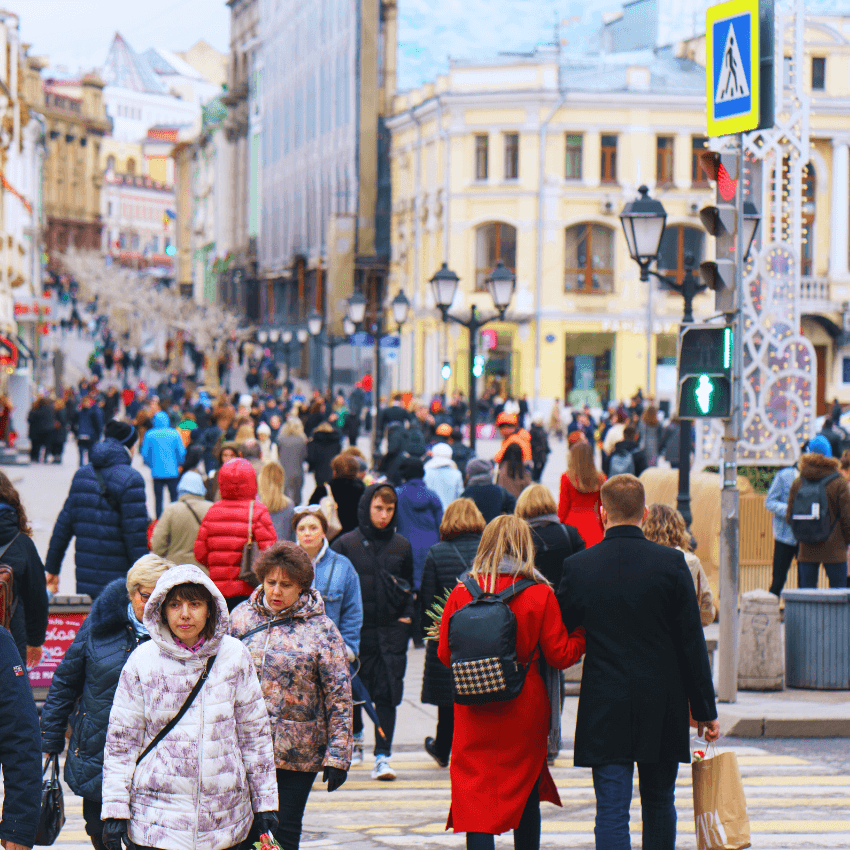
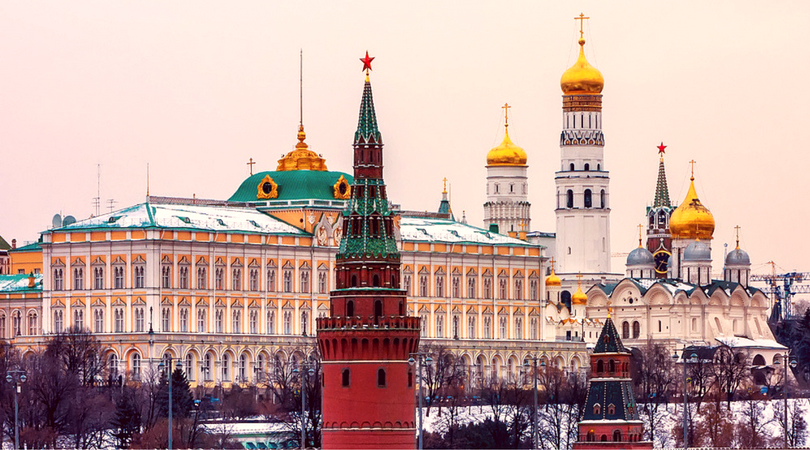
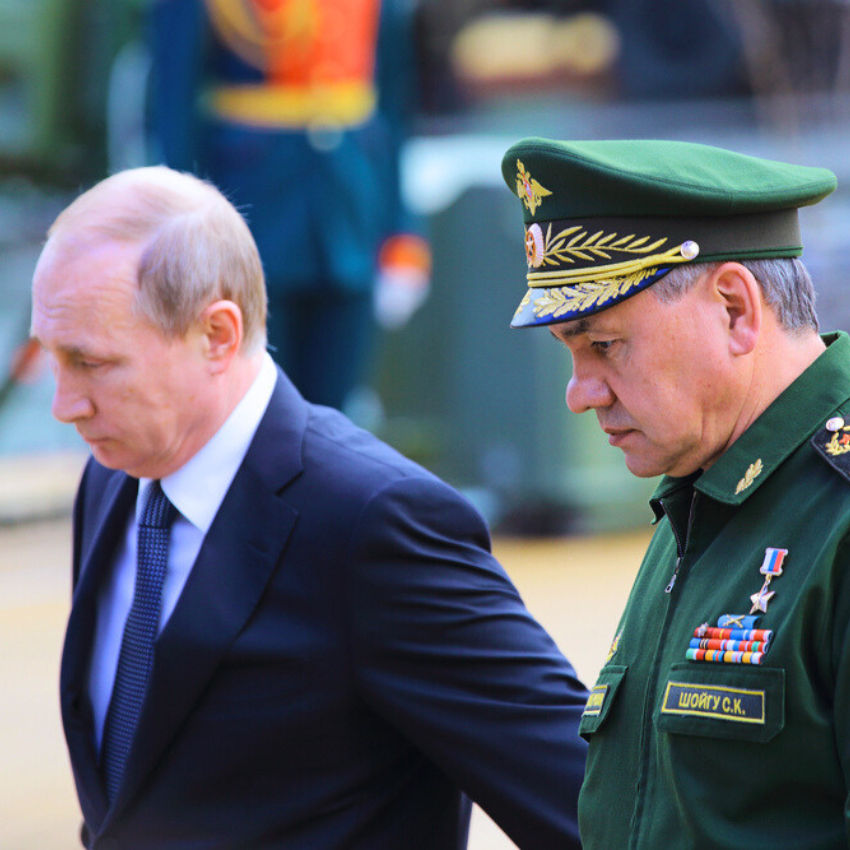
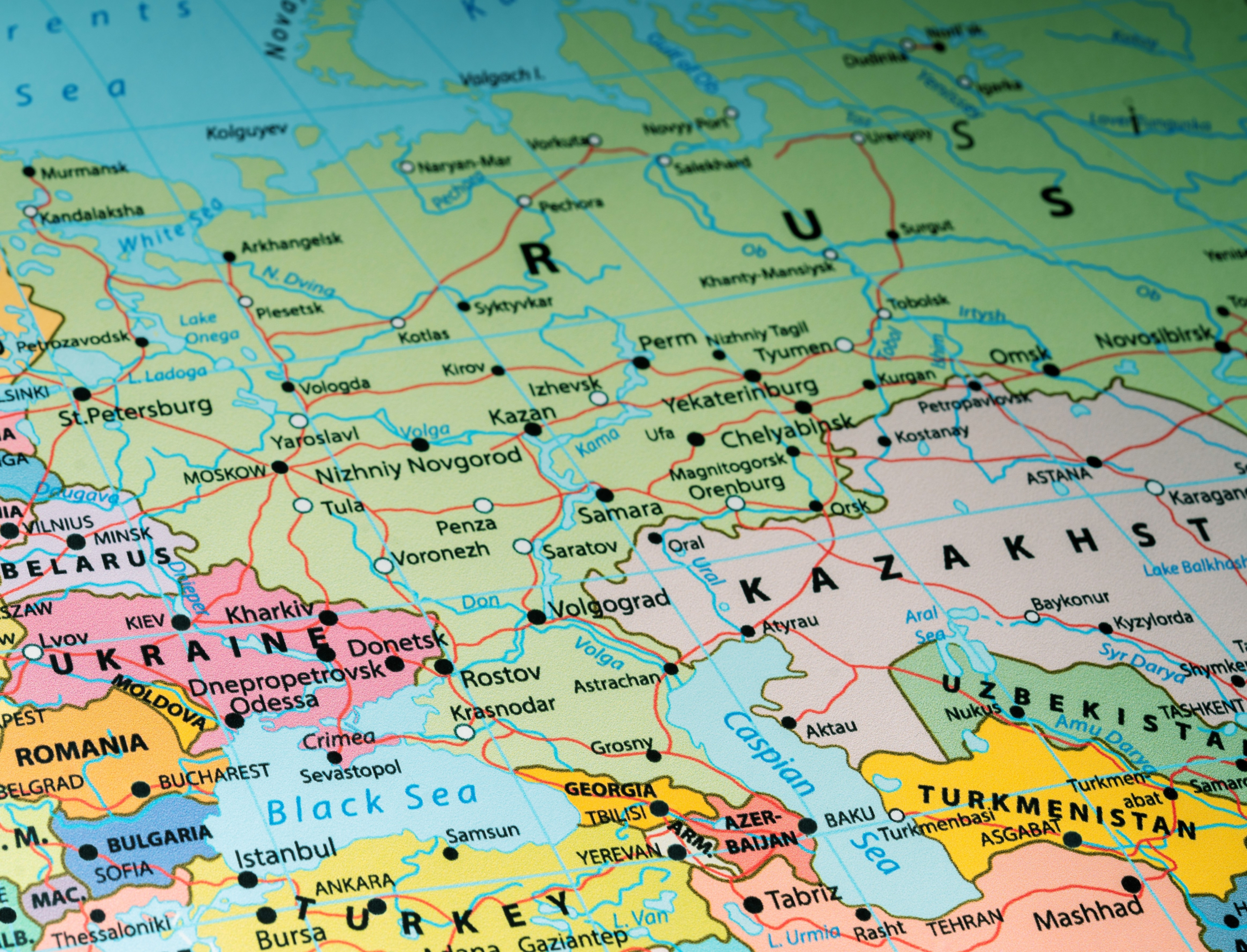
Publications
Putin’s Friends? The Complex Balance Inside Italy’s Far-Right Government Coalition
Italy’s new far-right government has been widely perceived as the potential weak spot of the anti-Kremlin European front following Russia’s invasion of Ukraine: traditionally pro-Putin politicians such as Matteo Salvini and Silvio Berlusconi are back in power. Yet, after Mario Draghi’s hawkish Euro-Atlantic government fell in July and Giorgia Meloni was looking forward to a probable victory, she immediately sided with the European Union and the North Atlantic Treaty Organization in a firm condemnation of Russia.
Russia’s War in Ukraine: Misleading Doctrine, Misguided Strategy
The blame for committing the blunder of starting the war with Ukraine is deservedly placed on President Vladimir Putin, but a single-explanation interpretation of the unfolding disaster is unsatisfactory.
Reflection on Russia’s Changing Image in the Post-Soviet Region
The two years preceding the Russian invasion of Ukraine suggested that Russia had adopted a measured policy toward the post-Soviet space. Faced with social protests in Belarus, a coup in Kyrgyzstan, the victory of pro-European president Maia Sandu in Moldova, the second war in Nagorno-Karabakh, and riots in Kazakhstan, Russia showed diplomatic ability without any hard arm-twisting of partners. In 2020, then Carnegie Moscow Center director Dmitry Trenin even concluded that “there will be no new edition of the empire”. The war in Ukraine has completely changed this analysis.
Russia's Invasion of Ukraine: A Political-Strategic Break?
On February 24, 2022, eight years after deploying an integrated military and non-military indirect strategy against Kiev, Vladimir Putin decided to initiate an open war against Ukraine.
Russia’s Islam: Balancing Securitization and Integration
Russia’s Islam has been much more than the two Chechen wars, and regular terrorist actions that have shaken the Russian territory. Islam constitutes an integral part of Russia’s history and culture, and the Putin regime regularly celebrates Islam’s contribution to the country and its great power reassertion.
Kaliningrad in the Post-Crimea Russia. A Bastion or a Weak Link?
Since 2014, Russia’s policies toward Kaliningrad Oblast—its westernmost region located between Lithuania and Poland and physically cut off from Russia’s main body—have undergone notable transformation. One crucial change was the inception of a policy aimed at remilitarization, which has led toward Kaliningrad’s (re)emerging as Russia’s military bastion in the west.
Russia: Can Economic Difficulties Weaken the Political System?
Year after year, Russian liberal politicians and experts have been promising radical changes in Russia’s economics and politics, which, they believed, would lead to the collapse of the Putin regime.
Dialogue with Russia. Russia Needs to Reset Relations with the West
This report analyses Western-Russian relations and proposes a way forward for conducting dialogue with Russia. It offers an analysis of Russia’s relations with NATO and the EU, an overview of the bilateral relations of various Western countries with Russia, a glimpse of China’s role, and an assessment of the main interests and contentious issues in Western-Russian relations.
Russia’s Niche Soft Power: Sources, Targets and Channels of Influence
This paper argues that Russia’s soft power should be understood as a niche soft power, microtargeting some specific audiences based on four particularisms:
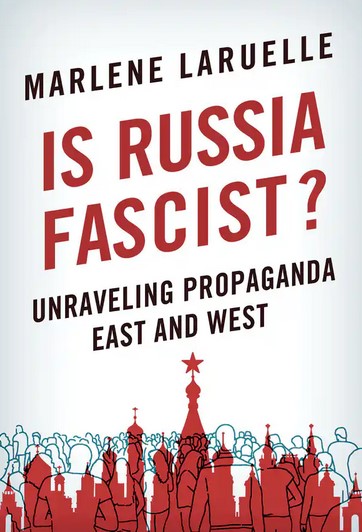
Is Russia Fascist? Unraveling Propaganda East and West
The charge of "fascism" has become a strategic narrative of the current world order.
The Team








